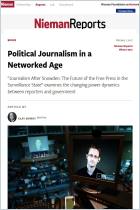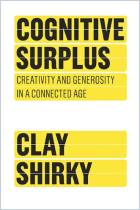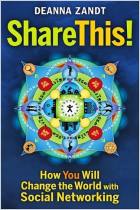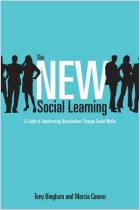
Here Comes Everybody
The Power of Organizing Without Organizations
Recommendation
Author Clay Shirky tackles a daunting task: He sets out to explain how new electronic media are transforming society. In itself, that sounds common enough, but Shirky’s focus and specificity raise his book to a level of much greater value and utility than its peers. He examines the social nature of humans, and analyzes how tools ranging from email to text messages change the way people organize into groups. His style is easy, and he tells interesting and highly convincing stories to illustrate the changes he observes. The result is a book that anyone dealing with group organization and communication should read. getAbstract recommends this innovative work to marketers, social critics and entrepreneurs who hope to tap into or develop new social structures.
Summary
About the Author
Clay Shirky writes and consults on the cultural implications of the Internet, and serves on the faculty of the Interactive Telecommunications Program at New York University.





















Comment on this summary